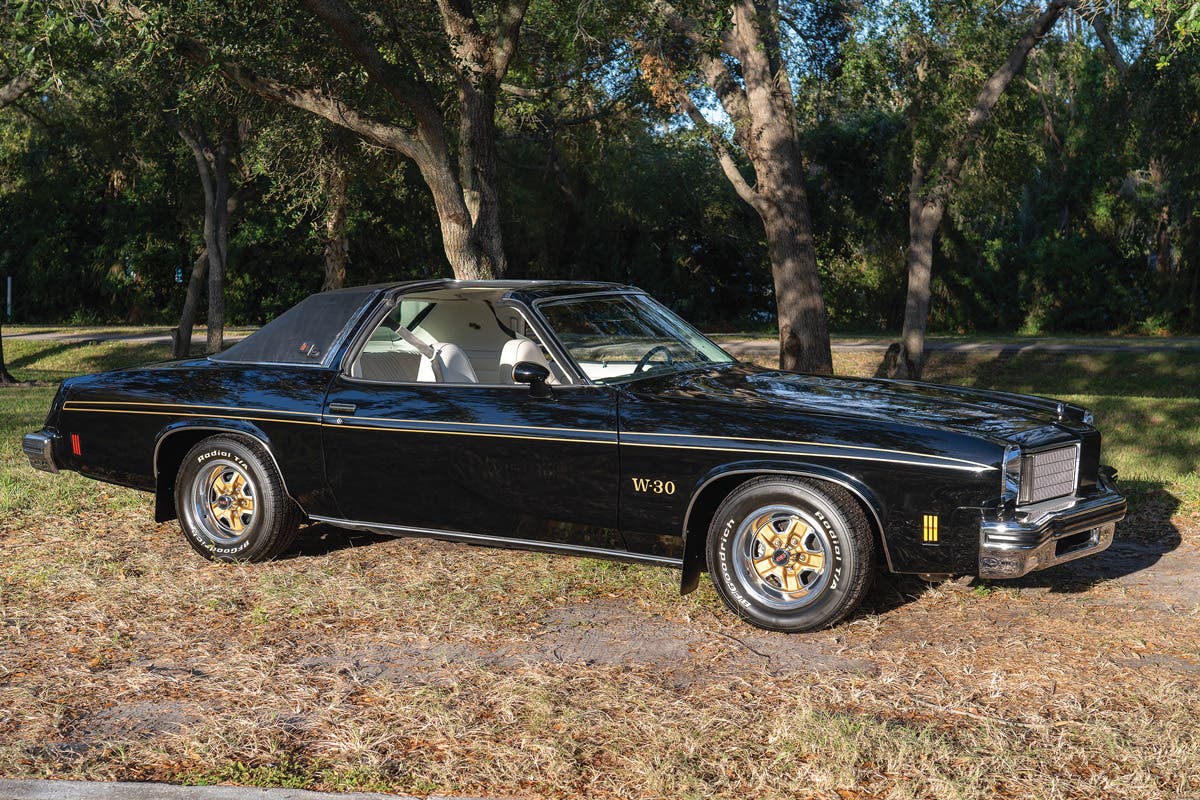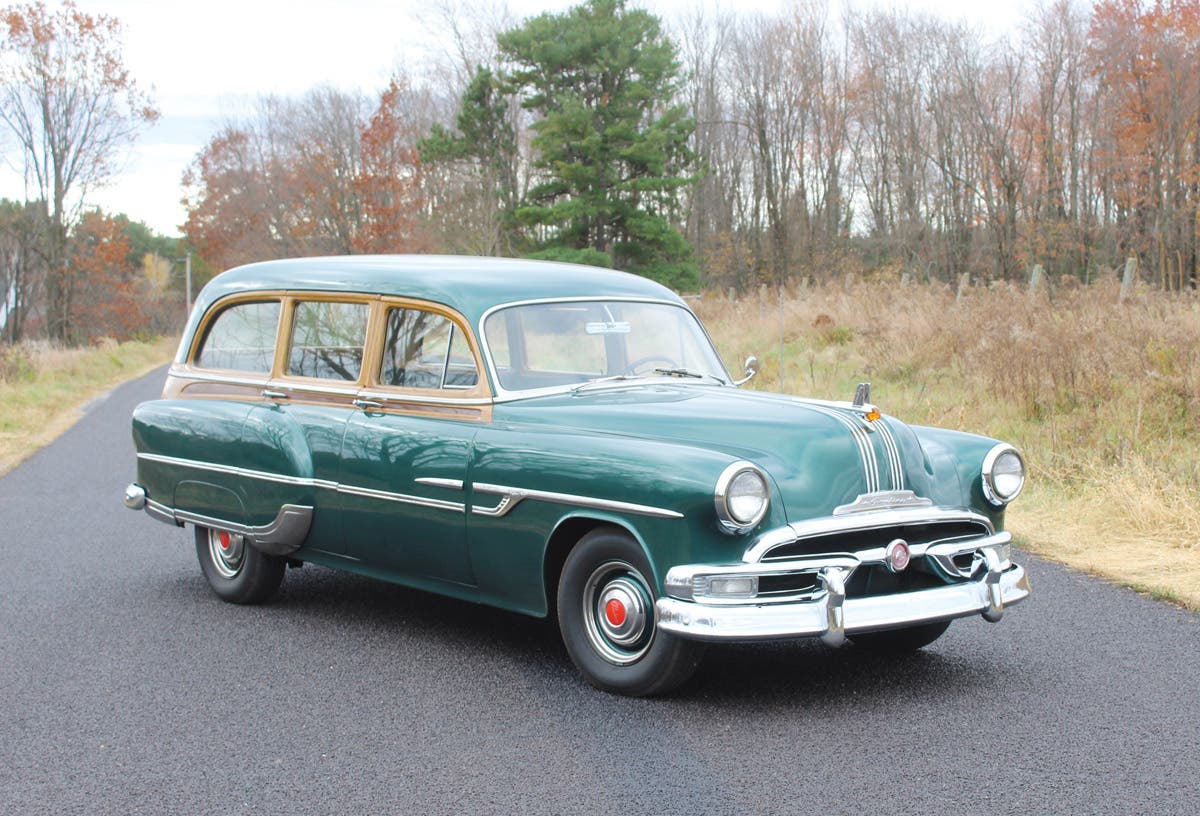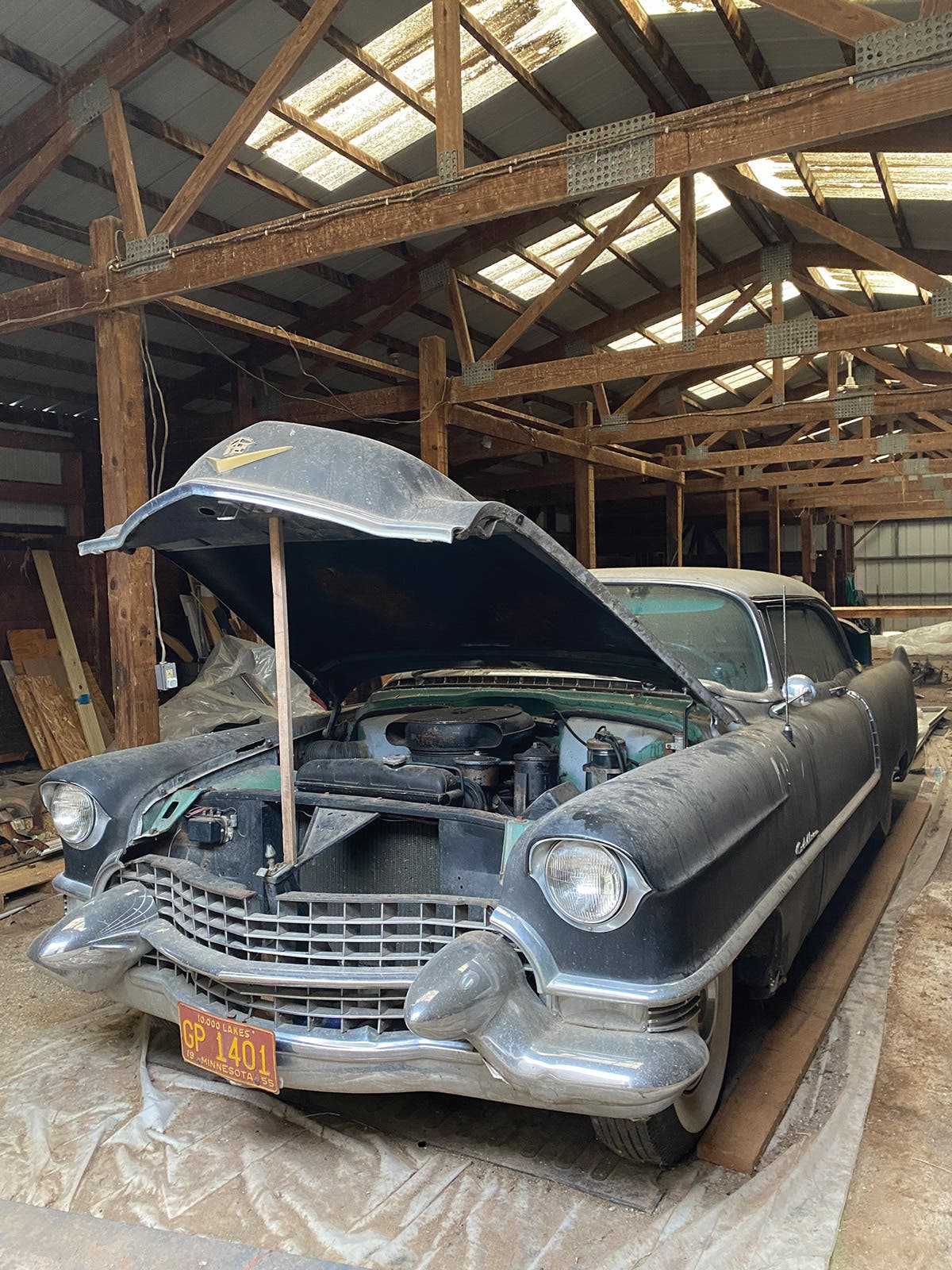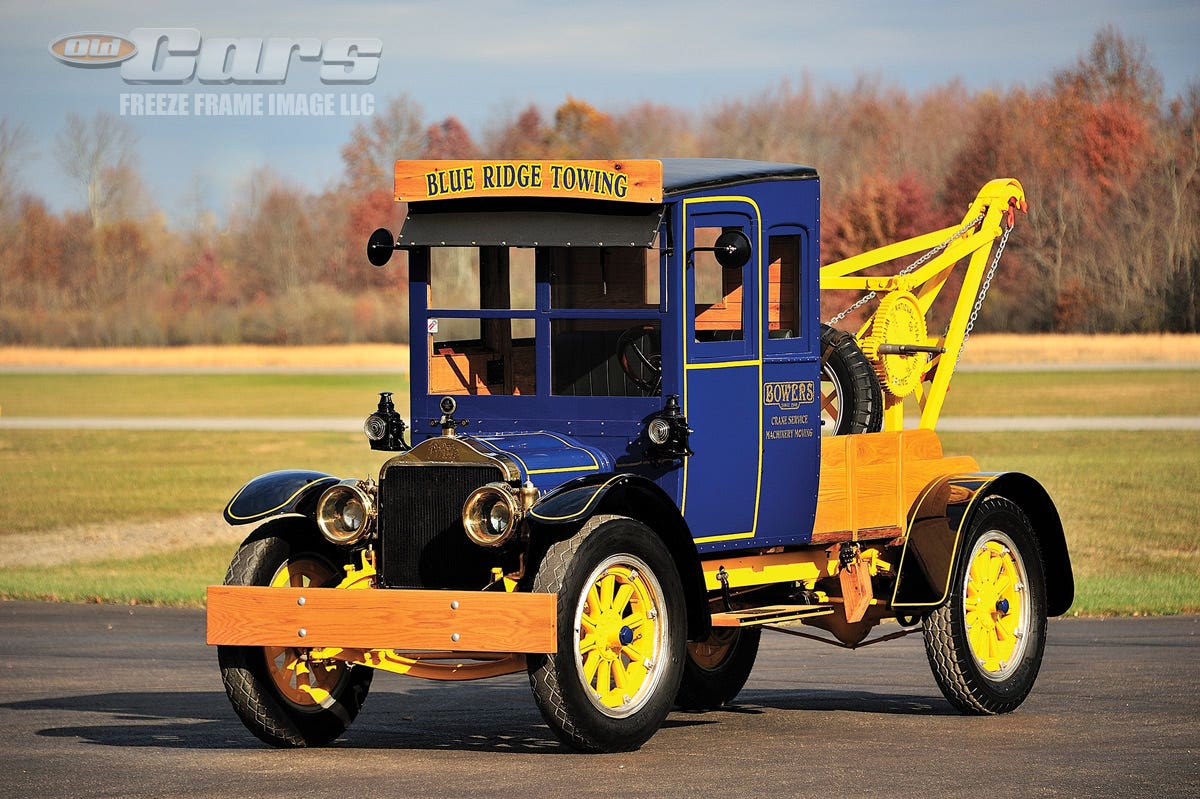Q&A: January 30, 2020 Edition
Q.I just read the Victor Berman’s question about old fuel in the Nov. 7, 2019, Old Cars. Gasoline in storage loses its naphtha over time, leaving a stale gasoline odor….
Q.I just read the Victor Berman’s question about old fuel in the Nov. 7, 2019, Old Cars. Gasoline in storage loses its naphtha over time, leaving a stale gasoline odor. The naphtha is part of the fuel’s volatility. This is according to Exxon technicians that I had in some of my night classes at the college where I taught automotive technology. Our government has mandated the use of ethanol in fuel, which oxidizes the fuel better when it burns in the combustion chamber. It also has a few not-so-good results. Ethanol has an affinity for moisture, like dry-gas additives.
Left in an older vehicle over the winter months it has been known to cause symptoms that include: dry rotted neoprene fuel hoses, dissolved carburetor gaskets and internal rubber parts, and moisture accumulation in the fuel tank which then corrodes the inside zinc coating of the tank. Additionally, ethanol lowers the octane rating of the gasoline, providing us with poorer fuel economy and having to purchase more gasoline to go places where we used to use less. An offset to this problem would be to increase the compression ratio, change valve and ignition timing, and change the air/fuel mixture.
So, not wanting to get so involved with remedies such as these, I searched for a product that would at least deal with some of the problems caused by ethanol. I came up with only one: Ethanol Defense. This stuff really works! I’ve been using it 10 years now and have had no issues in my 1937 Buick, 1966 Mustang, and 1971 LT-1 Corvette convertible. I also use it in both of our vehicles, lawn mowers, power generators, chainsaw, tiller, leaf blower, weed-whacker, anything that uses gasoline or a two-cycle oil/gasoline mix.
DO NOT use it in diesel fuel. As far as I know, it is available online only. Sorry if this sounds like a commercial, but I have nothing to gain by it, only helping with issues we old car enthusiasts encounter. This product is made by Bell Performance, which has been involved in racing since 1901 I believe. I spent some time back in 2009 speaking with Erik at Bell Performance, sharing results I had gotten and anything he had to recommend.
— Fred Allen, Union, Me.
A. I have not yet tried Ethanol Defense. It’s interesting that Bell Performance’s online comparison of their product against Star Tron, Sea Foam, Amsoil Quickshot, STP Gas Treatment and STA-BIL 360 Performance shows Ethanol Defense nearly equivalent to STA-BIL, differing mostly in cost per tankful (Ethanol Defense costs less). The others are rated substantially worse. You pays your money and your takes your choice…
Q. Just some follow-up information on the question from me [about fuel stabilizers] to Old Cars in the Nov. 7 issue. At the same time I posted my question to you I also sent out a letter to STA-BIL Storage (Gold Eagle Co.) asking the same question. I did not hear from them for quite a long time, but the other day this response came from them. It basically said the same as you assumed.
“Thank you for reaching out to Gold Eagle Co. STA-BIL Storage is meant to be added as soon as the fuel is pumped, while it is still at its freshest. Doing so will ensure that the fuel is stabilized for at least 24 months whenever new fuel is added, we recommend adding the amount of STA-BIL to reflect what was added. However, we still recommend cycling this fuel after two years. This means emptying the tank as much as possible and refilling with fresh fuel and treating it once more. The main reason for this is that after two years or so, sediment and loss of octane and volatility can become an issue.
— Conrad Manzano, Consumer Support Manager, Gold Eagle Co., Chicago, Ill.”
— Victor Berman,South Windsor, Conn.
A. As I suspected, it seems there’s no such thing as a booster shot for outdated fuel stabilizer.
Q. My cars will be in an unheated garage for the winter.Should I bring their batteries indoors to keep them from freezing?
— Mark Axen, Stony Creek, N.Y.
A. If your battery will hold a good charge, it will not freeze in the winter. Batteries don’t thrive in the cold however. If you don’t drive the cars, you may want to bring the batteries inside, and perhaps employ a trickle charger to keep them fresh. A self-regulating trickle charger could also be left going in the cold garage, with the battery either in or out of the car. There are also battery-minder products, somewhat more expensive than ordinary chargers, that act as desulfators to keep sulfur crystals from forming on the battery plates and depleting their capacity.
There is an old tinkerer’s tale about storing lead-acid batteries on a concrete floor. I’ve heard it said that it will “suck the charge right out of them.” This is emphatically denied by people in the battery business, but if you’re superstitious just put your battery on a piece of wood.
To submit questions to this column: E-mail oldcars@aimmedia.com or mail to: Q&A, Old Cars,
5225 Joerns Drive, Suite 2, Stevens Point, WI 54481.








